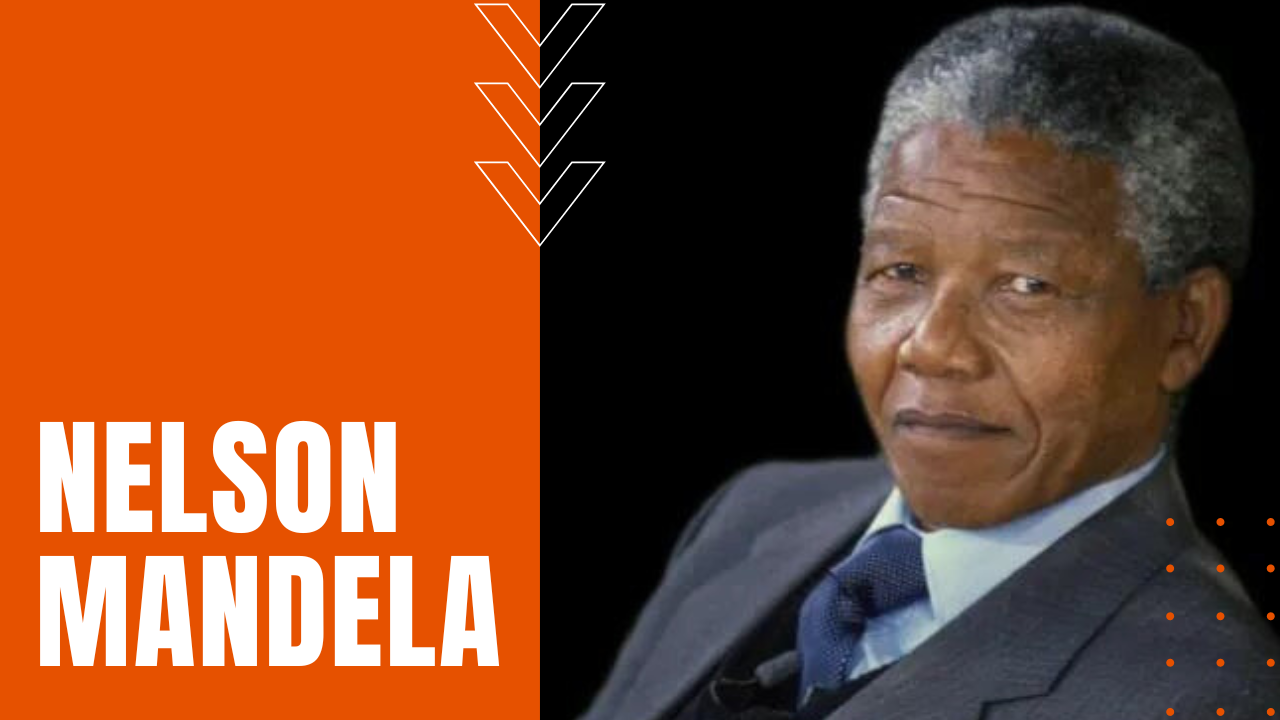Nelson Mandela

Born Rolihlahla Mandela in 1918 Mvezo South Africa, a first name that translates as “troublemaker,” when his father died when Rolihlahla was 12, he was adopted by Chief Jongintaba Dalindyebo, before moving from rural Qunu to the bustling city of Mqhekezweni, where he learned about how Black South Africans lived before their suppression by White minority settlers, who usurped South African land from her native people.
Working Through College
Given the name Nelson during his education at a Wesleyan mission school, Nelson Mandela matriculated to the University of Fort Hare—considered the Harvard of South Africa—eventually fleeing an impending arranged marriage by running away to Johannesburg, where he worked odd jobs while completing his bachelor’s degree and later law school at the University of the Witwatersrand.
An Activist is Born
Becoming politically active in the African National Congress or ANC, in 1949, Mandela embraced the group’s tactics of boycott, strike, non-cooperation and civil disobedience, demanding equal citizenship for Blacks, redistribution of land and compulsory education for all South African children. In 1956, Mandela and 150 other ANC members were arrested and charged with treason, and after their acquittal,
A Divided Party
a new movement of anti-apartheid activists broke away from the ANC to form the Pan-Africanist Congress—a departure that badly weakened the ANC. Arrested yet again in 1961 for leading a three-day national workers’ strike, he was sentenced first to a five-year imprisonment, before a later, politically-motivated retrial sentenced him to life in prison for acts of political sabotage.
Freed From Prison
Serving 27 years in prison while refusing to renounce his activist principles, after worldwide protests called for his release from prison, South African President F.W. de Klerk lifted a national ban on the ANC in early 1990, freeing Mandela from prison before sharing the Nobel Peace Prize together in 1993 for their joint efforts to end apartheid. Elected South Africa’s first Black president in 1994—in the first national election that gave Blacks the right to vote—two years later,
Equal Rights Achieved
Mandela signed into law a new constitution for South Africa, which guaranteed among other things, equal rights for minorities and freedom of expression. Retiring from active politics in 2004, Mandela returned home to his native village of Quno, where he passed away from a recurrent lung infection on December 5th, 2013, making the life and unembittered activism of Nelson Mandela, a lode star force, in South Africa’s struggle for equal rights.
